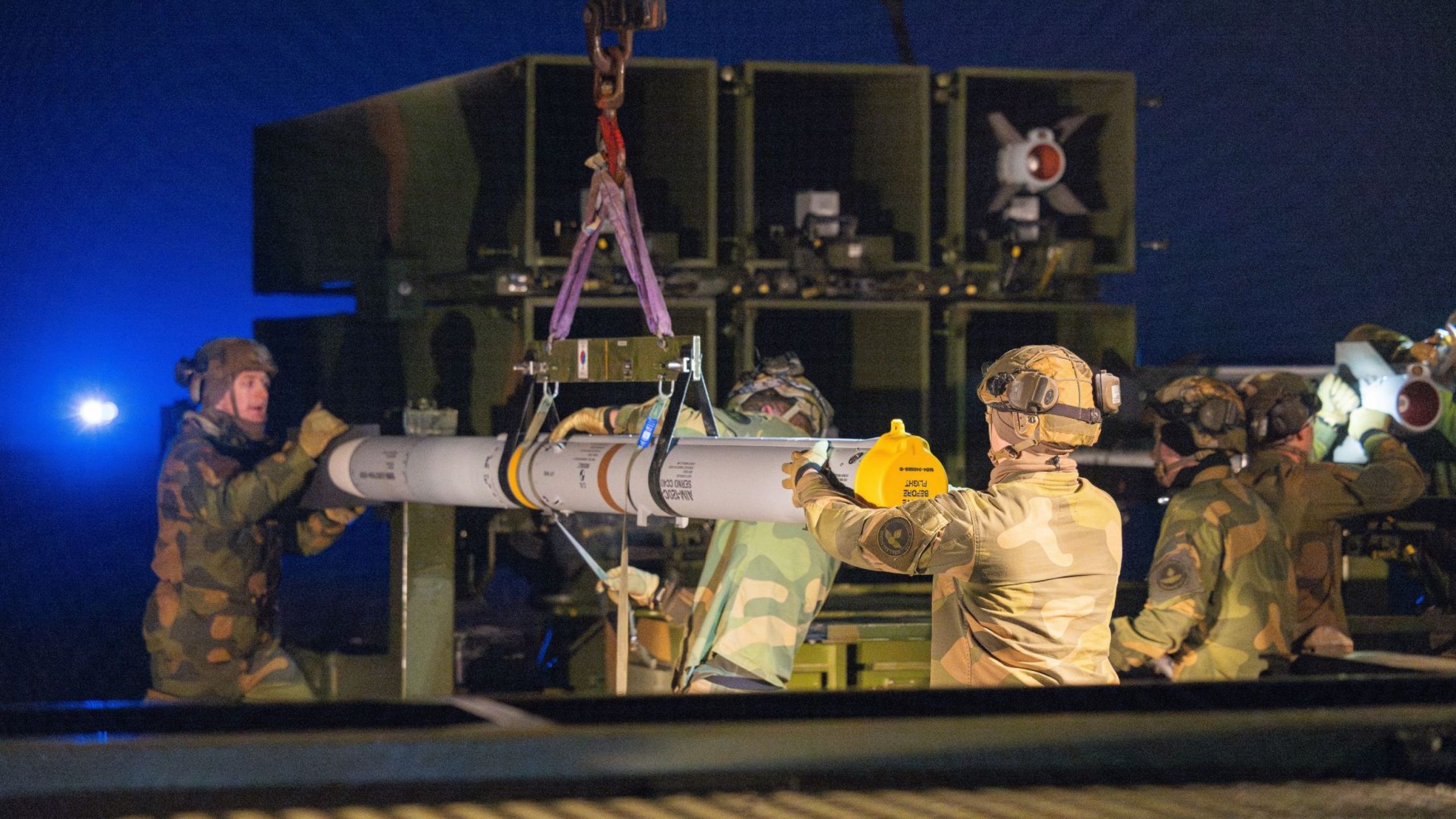Defence in brief: Aselsan’s new €210 million naval contract
Turkey’s Aselsan announced a new contract valued at 210 million Euros with three of the country’s shipbuilders for a range of naval systems, with deliveries to be completed between 2025 and 2029. The company’s 3rd January declaration on Turkey’s Public Disclosure Platform states that it has been contracted for, “the supply of electronic warfare, radar, communication, navigation, weapon, electro-optic and underwater systems for sea platforms.”
The agreement is with the Dearson-Desan-Özata business partnership, about which there is very little information. There is some evidence of the Desan-Özata business partnership, which received a contract in 2021 to build four refuelling ships for Turkey’s naval forces, the fourth ship was launched in June 2024. There are two employees of the Dearson-Desan-Özata partnership on LinkedIn, both having started their roles in November last year and the partnership appears to be actively hiring.
One of those employees states that he is working on Turkey’s Offshore Patrol Ship Project, which is producing the Hisar class vessels. Dearson signed a contract to produce four Hisar class ships with the Turkish MoD at the end of December 2024, which indicates that this is likely one of the projects that Aselsan will be supporting through this contract. A 2023 Aselsan brochure indicates that the company provides 19 different systems for the Hisar class, from internal communications systems to air defence radars.
Calibre comment
Turkey has been expanding its naval forces for some time, most prominently with the Anadolu landing helicopter dock ship, which is able to launch and deploy uncrewed aerial systems like the Bayraktar TB3. Turkey has driven the development of its domestic defence industry with some focus, a process that became more important in the wake of US sanctions following the procurement of the S-400 air defence system from Russia. The Hisar class will add important air defence capabilities.
The naval modernisation is coupled with a strategic concept known as the Blue Homeland, which came to the fore around 2020 and essentially holds that Turkey has a controlling claim to hydrocarbon reserves within 12 miles of its coast in the Mediterranean. This more assertive maritime stance clashes with Greece and Cyprus, who both assert that Turkey’s claims contravene the United Nations Convention on the Law of the Sea.

Sign Up for Updates!
Get insider news, tips, and updates. No spam, just the good stuff!



